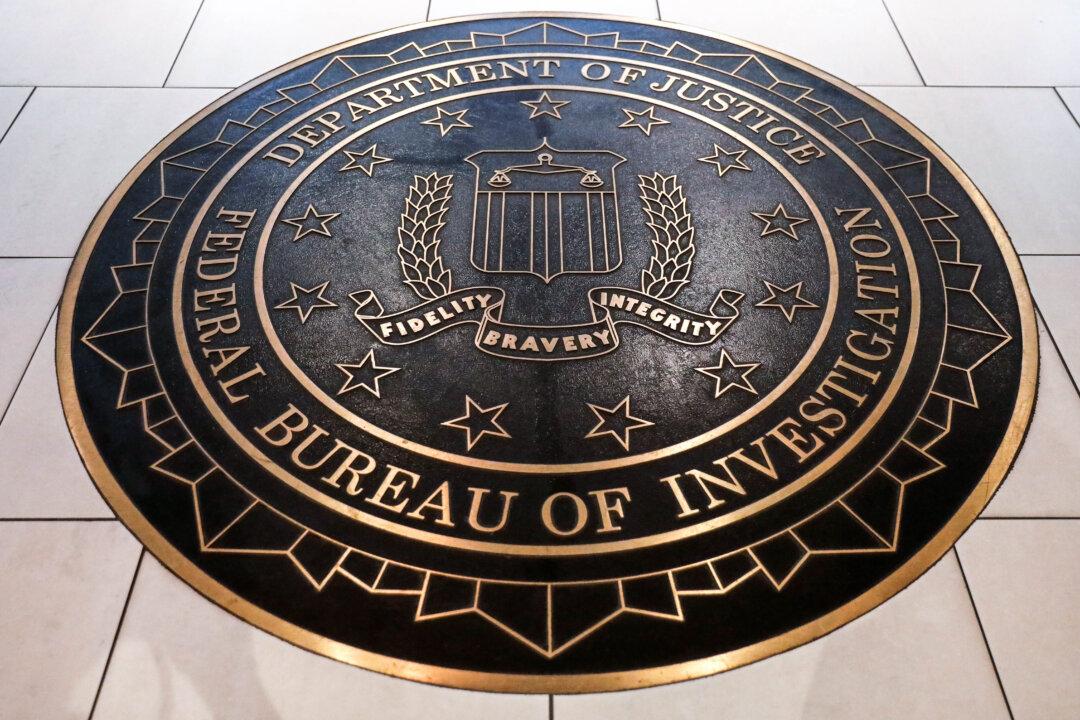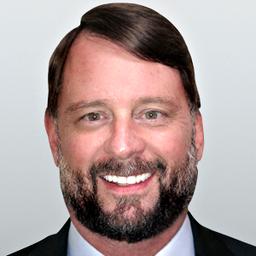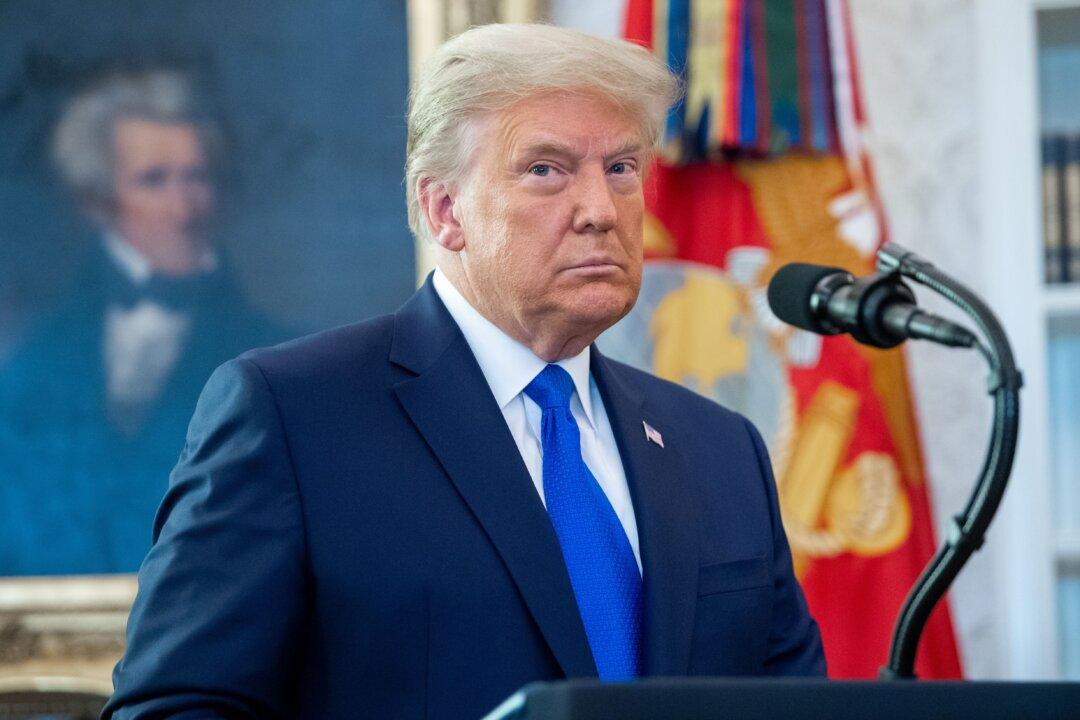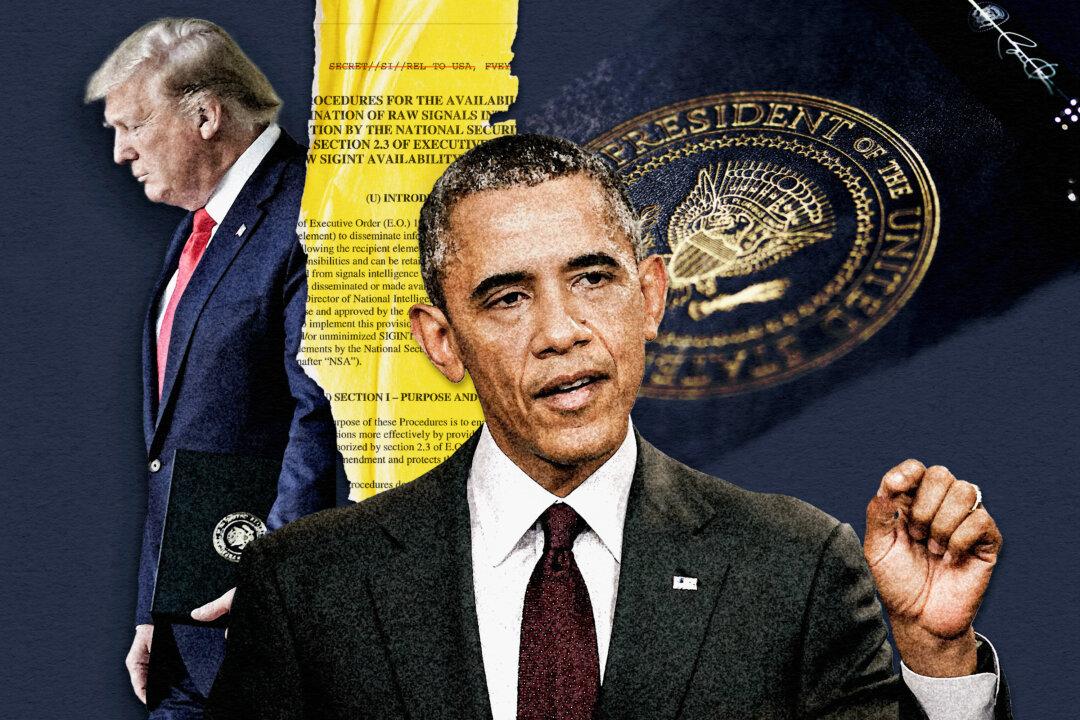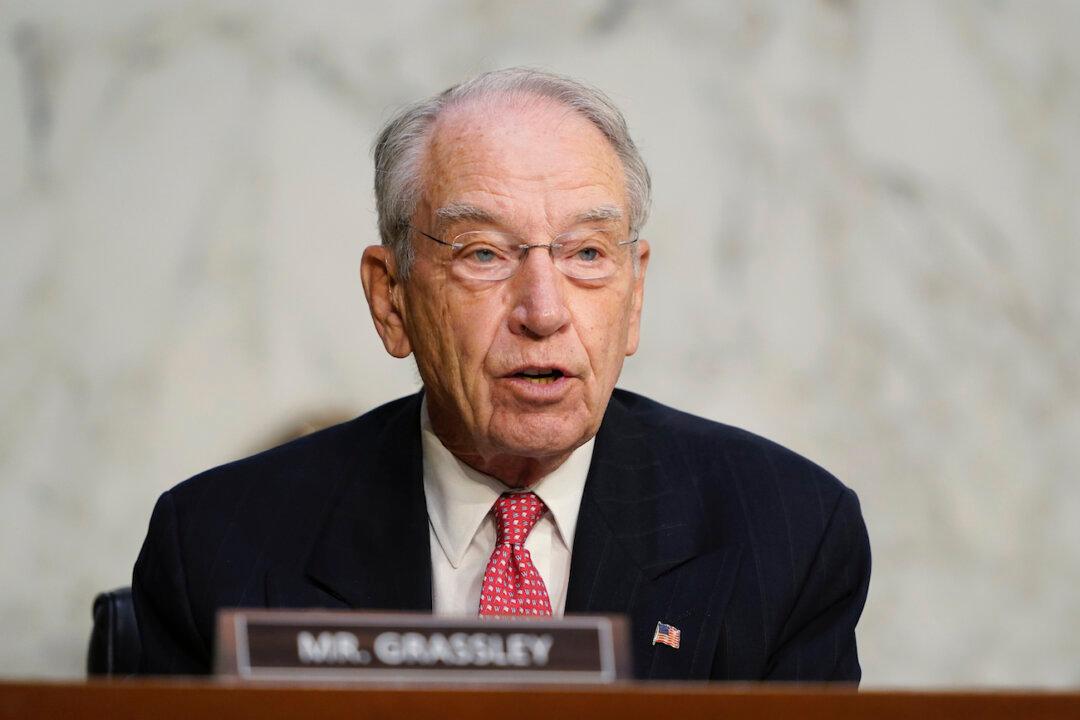News Analysis
Newly released FBI documents shed light on two meetings between FBI agent Stephen Somma and FBI source Stefan Halper, providing further insight into the broad scope of the FBI’s investigation into the Trump 2016 presidential campaign—and the active role played by Halper, who acted as a confidential human source (CHS) for the FBI.
